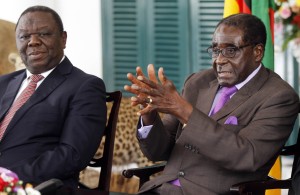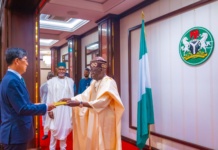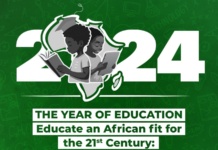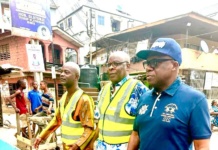Zimbabwe’s Constitutional Court ordered this week that President Robert Mugabe must hold elections within the next two months, a move likely to be supported by the incumbent but opposed by his probable opponent, Morgan Tsvangirai.
Movement for Democratic Change (MDC) leader Tsvangirai, currently Prime Minister of Zimbabwe through the power sharing agreement that followed the 2008 elections, had earlier stated that he was in favour of later elections. He said these would give time for the registration of new voters, the development of a more open media, and the necessary reform of the military to ensure it would not interfere with the electoral process.
Tsvangirai’s concern for the freedom of the upcoming elections follows the chaotic turn of events in 2008, when the MDC won the first round of votes but did not gain enough, according to the rules, to secure overall victory. He claimed that the count had been interfered with by the electoral authorities. In the second round his party pulled out of the race, arguing that widespread violence and intimidation by government supporters had made a fair election impossible.
Following Mugabe’s 2008 victory, it was only with regional mediation that a power-sharing agreement was reached.
In this week’s ruling, Court Justice Godfrey Chidyausiku insisted that the presidential and parliamentary elections must now go ahead “as soon as possible”, and “no later than 31st July 2013”. The court was responding to a case filed by civil rights activist Jealousy Mawawire, stating that Mugabe was constitutionally required to set an election date prior to the current parliament expiring this month.
Mugabe, 89, has held power since 1980, following the foundation of the Republic of Zimbabwe and the end of former Rhodesia’s white-majority rule. Although the electoral conduct of himself and his party, ZANU PF, has been widely criticised by international observers, he denies any foul play.










